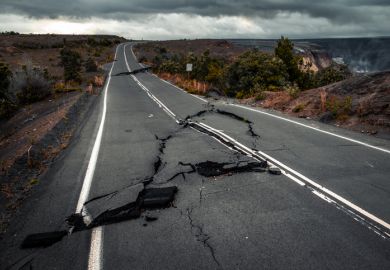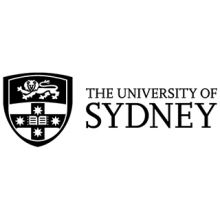Australia’s government intends to specify limits on international enrolments at each of the country’s 42 universities and potentially more than 1,000 vocational colleges, education minister Jason Clare has confirmed.
Mr Clare said he expected the caps to be calculated over the next three months, with the focus on limits at institutional rather than course level. Caps on courses would be treated as a “reserve power”.
He said the government was responding to requests from universities worried about the uneven effects of the government’s student visa crackdown. Integrity measures that had been “ramped up” in recent months had led to more overseas students at some universities and “a lot less” at others, he told Sky News.
“A lot of universities have asked for this,” he said, while declining to name them. “In particular, the smaller universities have said to me, ‘We’d prefer a different system where you set a level or a cap for us each and every year,’ and that’s what this legislation does.”
While the bill to give the government this power is yet to pass the lower house, it has already been referred for consideration by a Senate committee, which is due to report on 15 August.
Paul Fletcher, the manager of opposition business in the House of Representatives, told parliament that the government’s “real agenda” was to “attempt to fix the immigration mess”. He said the opposition was not opposed to debating the legislation but was “disappointed about the…false narrative characterising this bill as a response to crooks in the sector”.
Mr Fletcher criticised the “ludicrous timeline” proposed for the caps, with the methodology to be outlined in a legislative instrument to be tabled in parliament by the end of 2024.
“The sector will be required to put in place new caps from 1 January 2025, leaving them with potentially only one day’s notice to implement the scheme. The higher education sector has been blindsided by this proposal. It is no wonder that higher education providers are concerned about what lies ahead,” he said.
Mr Clare said international education was “pretty much an unregulated sector”. He said domestic enrolments were “effectively” capped by funding for university places. “It doesn’t work like that for international students at the moment. There’s a certain logic and common sense…that if we regulate the number of Australian students, we should do that also for international students.”
He said it was important to “maintain the social licence for this important export”, but did not say whether the issue had been raised in focus groups conducted by the governing Labor Party to gauge public sentiment. “I don’t look at focus groups,” he said.
Mr Clare would also not be drawn on whether there were too many international students at individual institutions – such as the University of Sydney, where 57 per cent of postgraduate enrolments and 46 per cent of overall enrolments are international – or in the country as a whole.
“Ultimately, it’s for each university to judge,” he said. “Australian students will choose universities based on whether they think they’re getting value for money if those numbers are too high.
“This is not about pulling out the meat axe. This is an important economic asset for Australia, but students have come back quickly [since the pandemic] and…we need sustainable growth over the longer term.”
Register to continue
Why register?
- Registration is free and only takes a moment
- Once registered, you can read 3 articles a month
- Sign up for our newsletter
Subscribe
Or subscribe for unlimited access to:
- Unlimited access to news, views, insights & reviews
- Digital editions
- Digital access to THE’s university and college rankings analysis
Already registered or a current subscriber?










